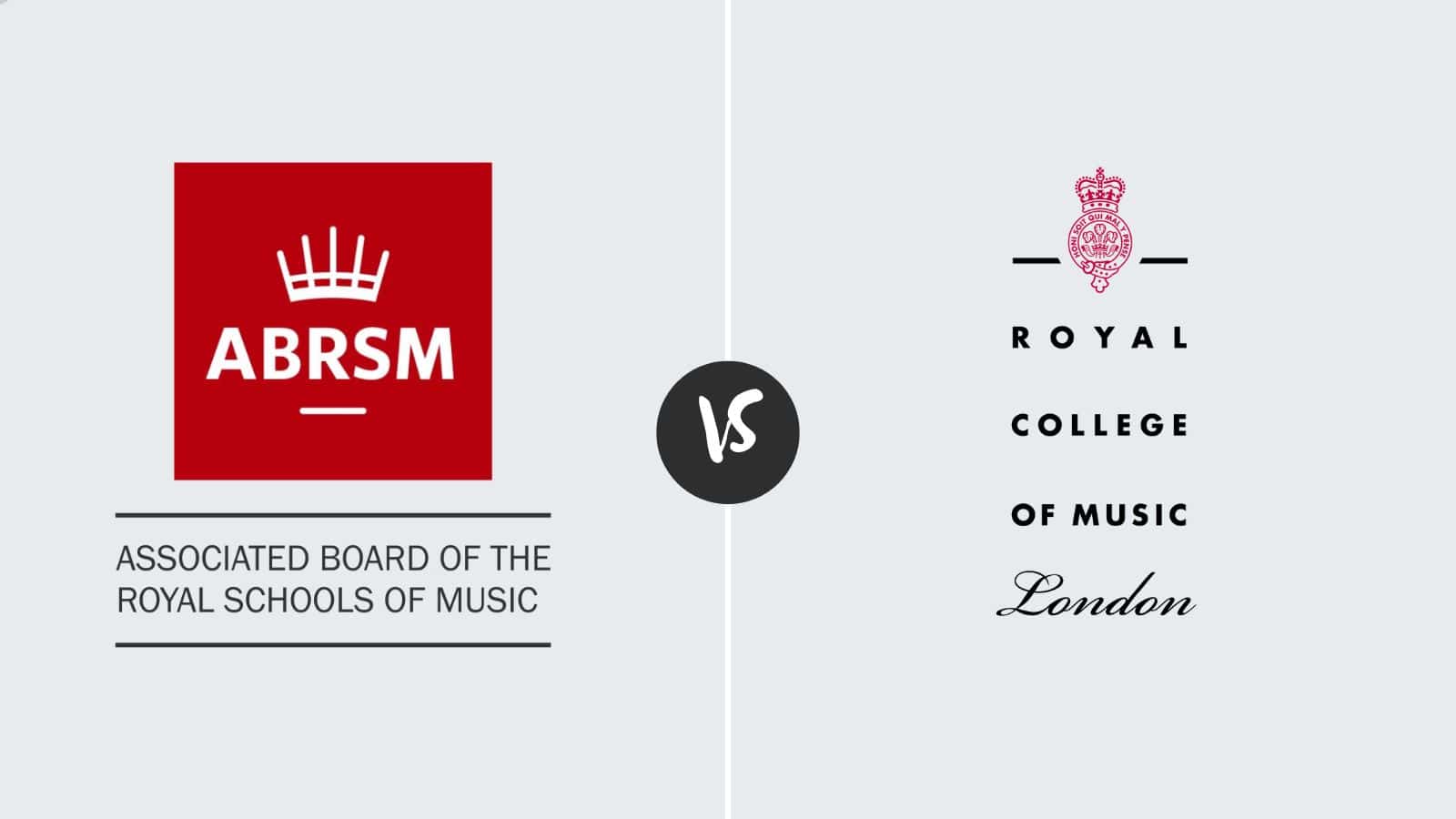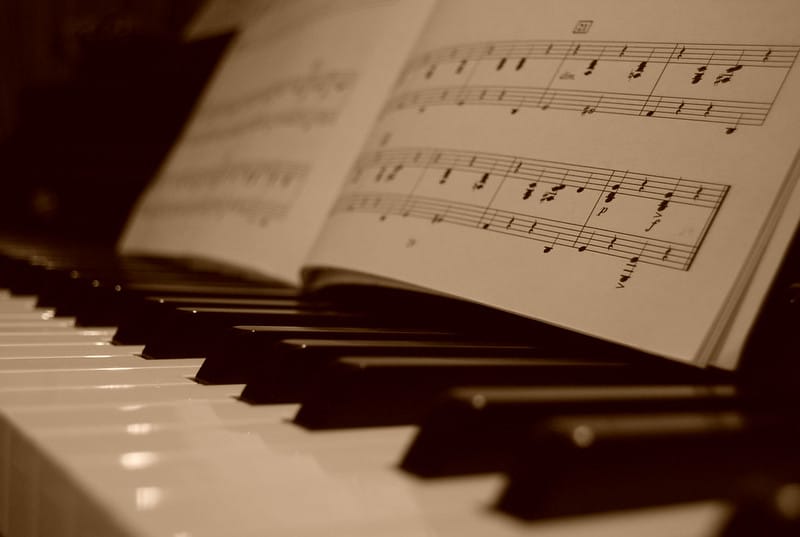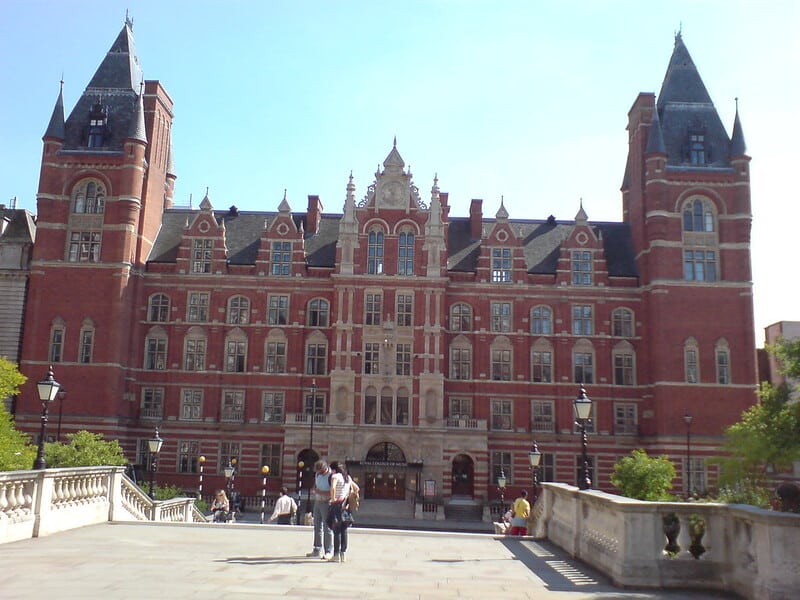
At first glance, the title of this article could appear somewhat confusing. There are many well-established colleges and academies in London that facilitate performers to gain qualifications and experiences that can lead to a career in music.
At first glance, the title of this article could appear somewhat confusing. There are many well-established colleges and academies in London that facilitate performers to gain qualifications and experiences that can lead to a career in music.
Since 1889, the Associated Board of the Royal School of Music has provided a versatile and challenging platform for musicians to participate in practical and theoretical examinations.
The beginnings of this set of opportunities were with Sir George Grove and Sir Alexander MacKenzie, the director and principal of the Royal College of Music and the Royal Academy of Music respectively.
These two respected establishments united under one new examining body, the ABRSM.
The Royal College of Music is a separate institution that offers a different collection of impressive opportunities for young musicians.
In a similar way to the ABRSM, the RCM encourages, supports and educates aspiring musicians to the very highest standards in preparation for professional life.
Whilst they have their own qualifications that are recognised the world over, their primary focus is not to provide theoretical and practical examinations to students other than those who attend the college.
The RCM does however have a Junior Department that covers an age range from 8 – 18.
It runs on Saturday mornings at the college where students from all over the UK have the outstanding opportunity to enjoy chamber music, orchestral and choral training alongside individual lessons with some of the world’s best players.
Let’s look in a little more detail at each of these institutions.
Associated Board of the Royal College of Music vs The Royal College of Music
The ABRSM is a huge business with, according to their website, around 650,000 candidates taking examinations each year in 90 countries around the world. The global spread of the ABRSM is not new.
In 1895 for example, the ABRSM was sending examiners to New Zealand, Australia, and Canada.
Malta and the West Indies were under the ABRSM umbrella by the turn of the 20th Century and the end of the Second World War so were South Africa, India, Pakistan, Cyprus, Singapore, Kenya and Sri Lanka.
At the heart of the ABRSM are the examinations. Broadly speaking, these fall into two categories; practical and theoretical. The practical examinations are a progressive range of achievements that move from Grade I to Grade VIII and Diploma.
As you might expect the choice of instruments and voices is impressive and includes a set of Jazz Examinations too.
Studying for these practical examinations not only encourages candidates to develop practical skills on their chosen instrument or voice by presenting a broad variety of pieces they must learn, but they also focus on musicianship.
This means candidates need to develop critical aural skills alongside their practical skills that form a vital part of all musicians’ education.
The theoretical examinations are there to give the opportunity to cover key aspects of music essential to every performer. They also help candidates prepare for other examinations such as GCSE and A-Level qualifications in music.
Often to gain access to courses offered by places such as the RCM, candidates are expected to have successfully achieved a practical Grade VIII in at least one instrument.
The Junior Department of the RCM offers young musicians an extraordinary range of opportunities. An extensive list of instruments and skills are taught at the college from conducting to jazz saxophone and organ.
The Core Curriculum that every attendee follows is designed to maximise the learning amongst the students.
Every student receives a 45 minute ‘first study’ lesson, 60 minutes of Chamber Music tuition, 60 minutes of Musicianship, Orchestral Training for two hours and choral training for a further hour.
Interestingly, the RCM also offer Alexander Technique training that can be invaluable for all performers.
What also attracts musicians of all ages to the RCM is the chance to work with some of the finest musicians from all over the world. Amongst an all-star line-up at the RCM, Maxim Vengerov is a professor of violin and John Williams is visiting Professor of Guitar.
At the RCM there are numerous performance opportunities too at some of the world’s most well-known locations including the Purcell Rooms and the Royal Albert Hall, London.
These platforms give students at the college a unique performance platform from where they can build their careers and establish themselves as professional musicians.
Course options at the RCM for undergraduates and postgraduates are extensive and carry with them significant kudos.
This is not the full breadth of available study at the RCM. There is also a vibrant and current research program in place that has in recent years been developing an online profile to engage with academics from around the globe.
Presently, some of the research areas include ‘Music, Migration and Mobility’; ‘Music and Motherhood’ and ‘Hearts’ that explores the arts and their impact on people’s wellbeing.
When considering the ABRSM and the RCM we are examining a learning progression from one to the other.
Not everyone who takes ABRSM examinations aspires to go onto the RCM but will have gained a widely recognised qualification and perhaps, more importantly, experienced the journey towards that achievement.
Here in the UK universities give credit to any student who has taken and passed ABRSM examinations. This can sometimes be a critical factor in deciding a student’s suitability for an undergraduate course.
Some students progress through the practical and theoretical grade examinations offered by the ABRSM on several instruments and then go on to study music at a chosen college or university.
The RCM, as you would anticipate, is highly selective and being awarded a place on one of their courses is an outstanding achievement in its own right.
Many students who graduate from the RCM have gone on to enjoy abundantly successful careers in the music industry. Many of them most likely began with graded examinations through the ABRSM.
If you are interested in investigating the possibility of taking an exam through the ABRSM follow this link to their homepage. (https://gb.abrsm.org/en/)
Equally, if the RCM is inspiring to you here is the link to their homepage. (https://www.rcm.ac.uk)


